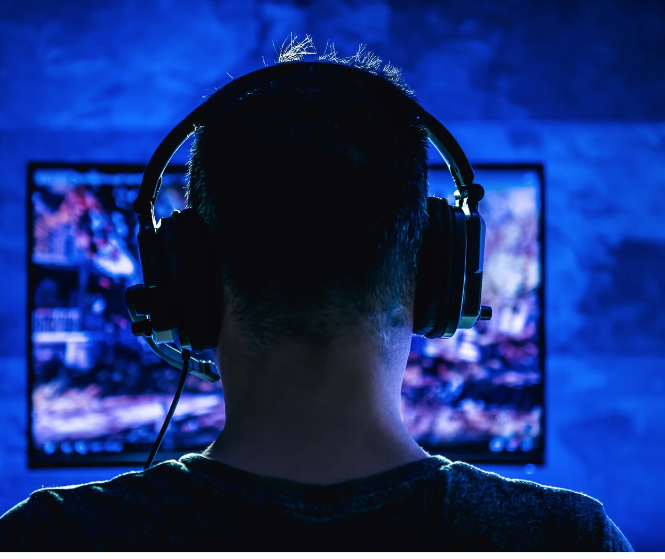Since the Nintendo Entertainment System’s release in 1985, video games shaped modern culture and media. Video games give benefits in real life with social interactions, bring lessons to teach, and help human development.
Games that involve socializing prone people to interact more positively with others. According to Boston’s Children’s Digital Wellness Lab, people who play prosocial games show positive impacts like expressing empathy and helping each other.
Video games provide lessons in education and life. According to Boston’s Children’s Digital Wellness Lab, video games as educational resources help engage students to learn in the classroom with Minecraft Education Edition and Quandary.
The effects of video games show signs of improvement in development. A study shows some changes in the brain after ten students played Super Mario 64 for two months, according to iD Tech.
The downside that prevents everyone from seeing the goods involves the influence of violence. According to Procon.org, two teens with enthusiasm for Wolfenstein 3D and Doom became the 1999 Columbine High School massacre shooters.
By strengthening people’s social interactions, giving educational and life lessons, and boosting human development, video games provide helpful perks to everyone’s lives. People need to be open-minded when viewing video games.









